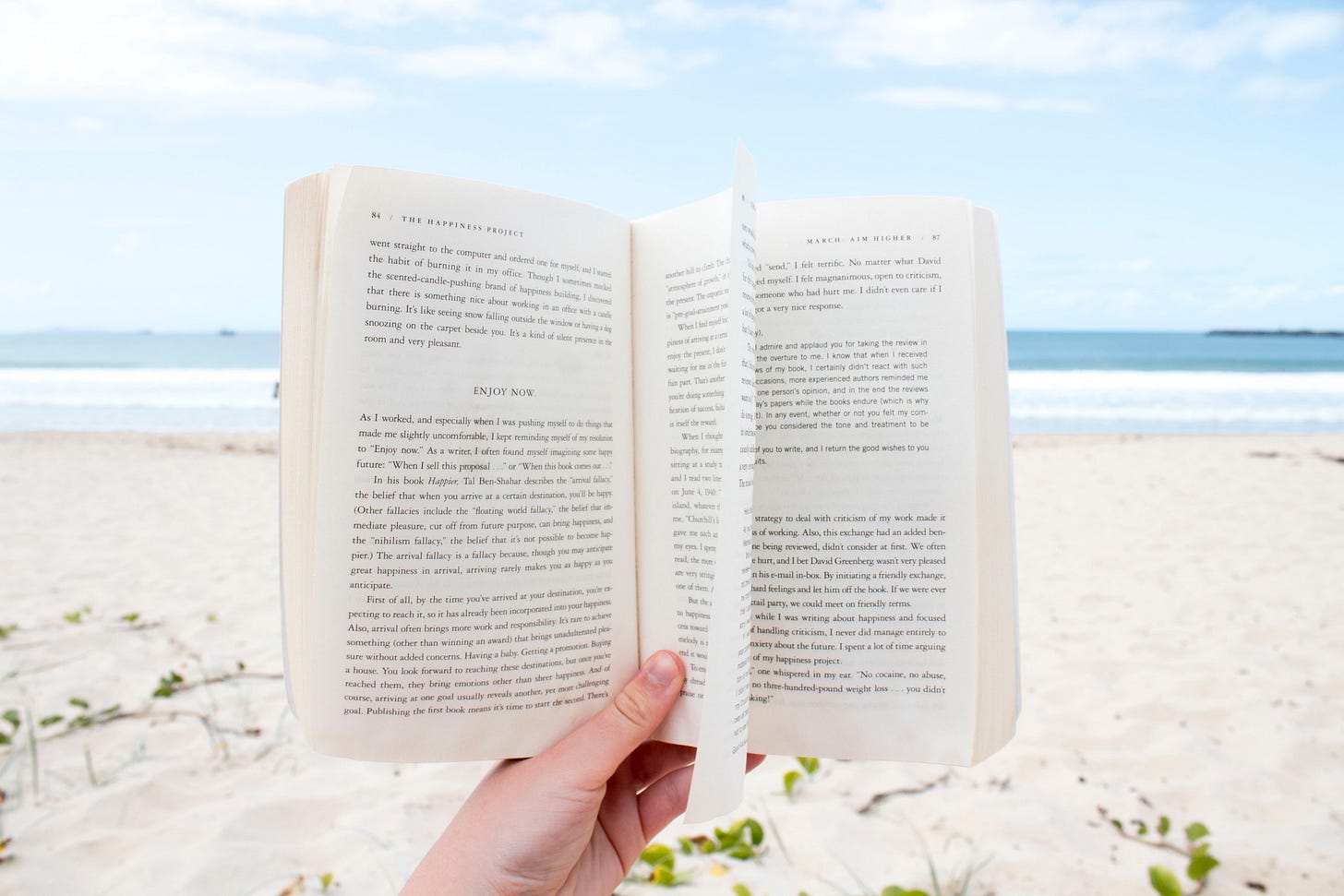✍️Science Writing News Roundup #156
Understanding deepfakes and how to counter them + Calls for pitches to write about science, technology, climate, and more.
The 27 best books and podcasts on health and science to check out this summer. Whether you’re looking for gripping personal stories or fascinating histories of deadly pathogens, STAT’s annual list of health, medicine, and science titles has something for everyone. (Image: Unsplash)
Welcome! You are reading the Science Writing News Roundup, a newsletter for science writers. You can also read this edition online. Did someone forward you this newsletter? Sign up here.
📚Resources
Why it matters: If you must cover an animal study, don’t forget this variable. If you’re covering an animal study, pay attention to the conditions of the lab animals’ environment and how those conditions might affect the study results.
Understanding deepfakes and how to counter them. Deepfakes and other forms of synthetic and AI-assisted media manipulation are on the rise, and journalists tasked with sorting fact from fiction are forced to keep pace.
Mental health disparities in older LGBTQ+ populations: A research roundup. While resilient, older LGBTQ+ adults face significant health and mental health disparities compared with their cisgender, heterosexual counterparts, a growing body of research shows.
A simple explanation of why advanced AI could be incredibly dangerous: On the one hand, sophisticated AI could help solve many of humanity's greatest challenges and push forward rapid advances in science and technology. On the other hand, the lack of reliable methods for instilling goals in AI systems, and their 'black-box' nature, creates huge risk.
🏞️Opportunities
Calls for pitches to write about science, technology, climate, and more + Grants for science writers 👉Bonus content for monthly supporters.
🌍Articles
Interview with Kai Kupferschmidt on the importance of trust in journalism and a functioning information ecosystem. “The only way that our work will have an impact on the world is if people believe it to be true. Showing people how journalism works will help to foster trust”, says science journalist Kai Kupferschmidt.
The life of science journalist turned community founder: An interview with The Open Notebook’s Siri Carpenter. Perhaps the distance from working as a science journalist to being a community founder seems pretty wide. But for Siri Carpenter, writing about science and fostering a community for her fellow writers is a place to put her love.
News stories offer cautionary tales for journalists covering AI and tech. When covering health care systems’ adoption of artificial intelligence technologies, it’s important to go beyond inquiring why they are adopting the technologies or what they hope to achieve.
“Star Trek” as a guide to sharing intimate, personal details. A PhD researcher in neuroscience finds a useful tool to decide when and how to use personal stories in her science writing.
👏News
STAT announces 2023-2024 recipient of Sharon Begley Science Reporting Fellowship. Deborah Balthazar earned a master’s degree from New York University’s Science, Health and Environmental Reporting Program and studied biology as an undergraduate. She worked as an intern at Science News, as well as Scholastic’s SuperScience and Science World, and reported for a local news site in her hometown in New Jersey.
📹Videos
Workshop Ocean Literacy for Journalists and Science Communicators.
How to Write a Popular Science Book. Find out more about the book publishing process from the conception of an idea to the book launch.
Insights from the Climate Beat with Sammy Roth. There’s arguably no subject more important for journalists to get right than climate change. Sammy Roth has spent the last decade learning how to cover this complicated and ever-changing beat, with a focus on the shift from fossil fuels to clean power.
📅Events
Science essentials for news editors (July 10, 2023)
More events 👉Bonus content for monthly supporters.
🎨Jobs
Science writing jobs 👉Bonus content for monthly supporters.
Thanks for reading! Subscribe for free to receive the next post in your inbox:
Worried you missed something? See previous posts here. What would you like to see in the newsletter? Please send me your suggestions: sciencewriting@substack.com



